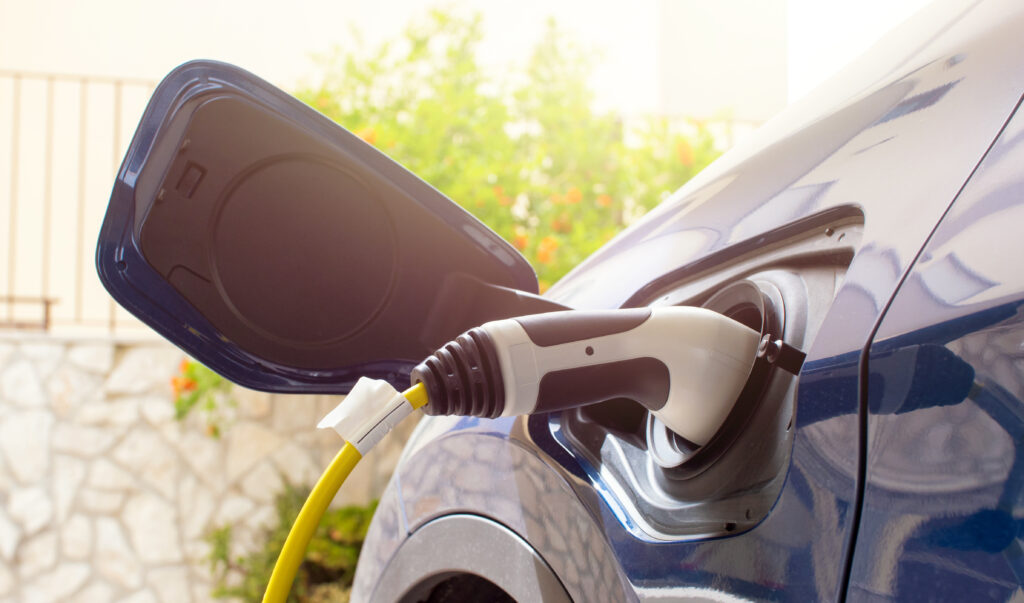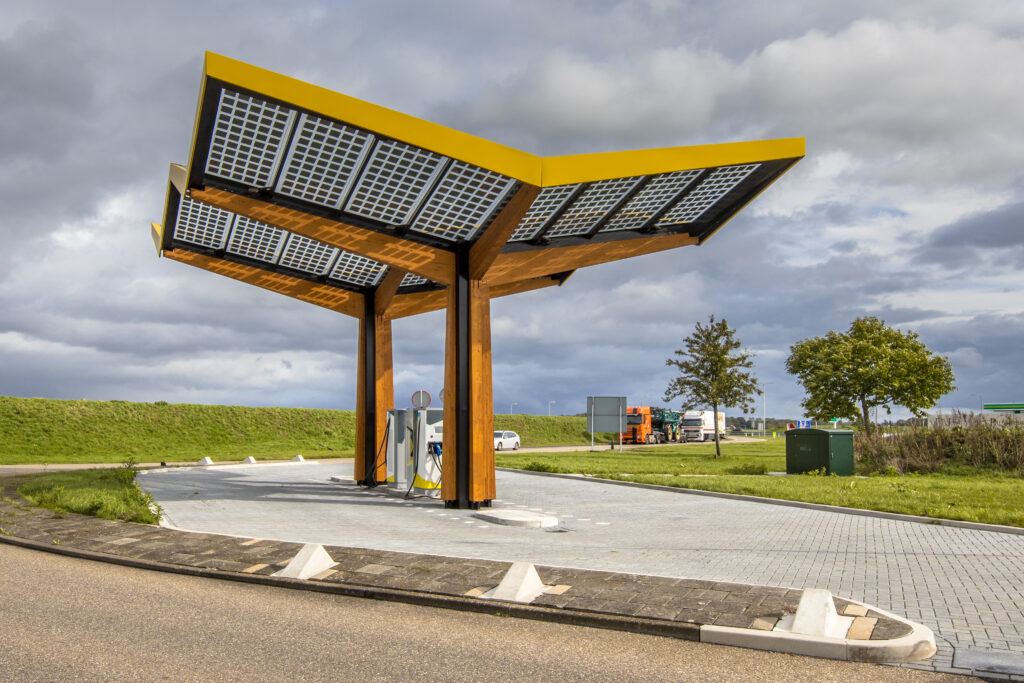Electric vehicles (EVs) have gained significant attention in recent years as a sustainable alternative to traditional gasoline-powered cars. With advancements in technology and growing concerns about climate change, EVs have become a viable option for individuals seeking a more environmentally friendly mode of transportation. In today’s Blogspot, we will take a look at the importance of electric vehicles, highlighting their positive aspects and addressing the challenges they currently face. By examining both the advantages and disadvantages, we aim to provide simple and understandable information for individuals considering the switch to electric vehicles.

Positives of Electric Vehicles:
Environmental Benefits:
One of the key advantages of electric vehicles is their positive impact on the environment. EVs produce zero tailpipe emissions, reducing air pollution and improving overall air quality. By transitioning from internal combustion engine vehicles to electric vehicles, we can significantly reduce greenhouse gas emissions and combat climate change. EVs also contribute to a reduction in noise pollution, as they operate quietly compared to traditional vehicles.

Energy Efficiency:
Electric vehicles are more energy-efficient than the gasoline counterparts. Traditional internal combustion engines waste a significant amount of energy through heat dissipation, whereas EVs convert a higher percentage of its energy into actual vehicle propulsion. This efficiency translates into reduced energy consumption, making EVs a sustainable choice in terms of resource utilization.


Cost Savings:
EV’s offer potential cost savings in the long run. While the upfront purchase price of EVs may be higher than that of conventional cars, EV owners benefit from lower operating costs. Electricity is generally cheaper than gasoline, resulting in reduced fuel expenses. Furthermore, EVs have fewer moving parts and require less maintenance, reducing the overall cost of vehicle upkeep.

Government Incentives and Support:
To encourage the adoption of electric vehicles, governments around the world offer various incentives and support. These incentives may include tax credits, rebates, and grants, making EVs more financially accessible for consumers. Additionally, governments are investing in charging infrastructure development to address the range anxiety associated with EVs, further supporting their widespread adoption.

Negatives of Electric Vehicles:
Limited Driving Range:
One of the main concerns associated with electric vehicles is their limited driving range compared to gasoline-powered cars. While advancements in battery technology have led to significant improvements, EVs still have a lower driving range on a single charge. This limitation can cause range anxiety for some individuals, especially when traveling long distances.

Charging Infrastructure:
The availability and accessibility of charging stations remain a challenge for widespread EV adoption. Although charging networks are expanding, there is a need for further infrastructure development to support convenient and efficient charging. Additionally, charging times for EVs are longer compared to refueling traditional vehicles with gasoline. However, advancements in fast-charging technology are addressing this issue by significantly reducing charging times.

Initial Cost and Limited Model Options:
While the long-term cost savings of EVs are significant, the initial purchase price of electric vehicles can be higher compared to gasoline-powered cars. Battery technology is a major contributing factor to this cost difference. However, as the demand for EVs grows and technology advances, the prices are expected to decrease. Furthermore, the availability of EV models and options may be limited compared to the wide range of traditional vehicles currently on the market. However, automakers are expanding their offerings as the demand for EVs increases.

Electric vehicles play a crucial role in addressing climate change, reducing air pollution, and achieving a more sustainable future. The environmental benefits, energy efficiency, cost savings, and government support associated with electric vehicles make them a viable and practical option for individuals looking to reduce their carbon footprint. While challenges such as limited driving range and charging infrastructure still exist, advancements in technology and growing market demand are driving improvements in these areas. By understanding the positives and negatives of electric vehicles, consumers can make informed decisions regarding their own transportation needs.
Let us know in the comments if you have any experiences with the topic of EV’s or if you even thought about it 🙂
Comments +